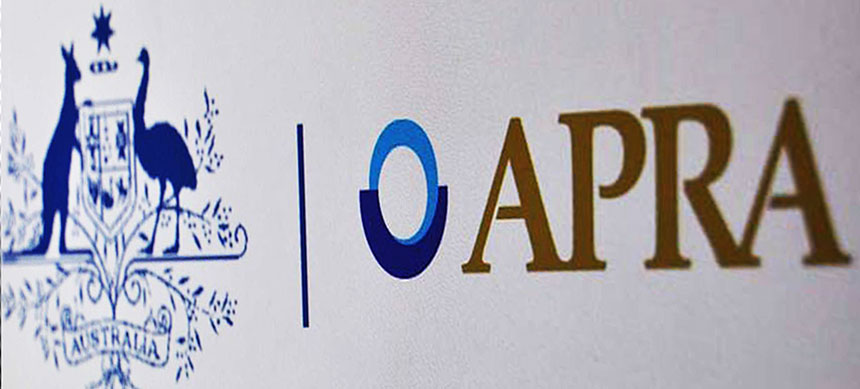A substantial reduction in reported “misstatements” was primarily due to a “material improvement” in the quality of loan applications submitted via the broker channel, according to a new UBS report; via The Adviser.
According to the investment bank’s latest Australian Banking Sector Update, which involved an anonymous survey of 1,008 consumers, there was a “sharp fall” in the number of “misstatements” reported in mortgage applications over the fourth quarter of 2018 (4Q18).
The survey revealed that 76 per cent of respondents reported that the mortgage applications were “completely factual and accurate”, up from 65 per cent throughout the first three quarters of 2018.
According to UBS, the improvement in lending standards was largely driven by the scrutiny placed on the industry by the Royal Commission into Misconduct in the Banking, Superannuation and Financial Services Industry, and not off the back of regulatory intervention.
“We believe this implies that despite the efforts of the regulators and banks to tighten underwriting standards from 2015 onwards, these appear largely ineffective,” UBS noted.
“Our survey suggests that improvements in factual accuracy in mortgage applications have only come in response to the royal commission.”
The bank stated that the improvement was spurred by a “material improvement” in quality of mortgages submitted through the broker channel.
The research found that 26 per cent of borrowers who applied for a mortgage via the broker channel in 4Q18 “misstated” their loan application, down from 41 per cent in previous quarters.
However, UBS noted that fewer borrowers reported misstatements in loans submitted via the propriety channel (19 per cent).
Despite the improvement, UBS claimed that it’s concerned about the 10 per cent of respondents that reported that their broker-originated applications were “partially factual and accurate”, which it considers a “low benchmark”.
Moreover, UBS stated that it continues to find that a “substantial number of applicants state that their mortgage consultant suggested that they misrepresent on their mortgage applications”.
According to the figures, of those who misstated their broker-originated loan applications, 40 per cent said that their broker suggested that they misrepresent their application, which UBS claimed implies that 15 per cent of all mortgages secured via the broker channel were “factually inaccurate following the suggestion of their broker”.
“This is concerning given the heightened scrutiny on the industry, in particular following findings of broker misconduct and broker fraud in the royal commission,” UBS added.
Additionally, the report noted that 15 per cent of respondents who misrepresented information in a broker-originated application said that they exaggerated their household income, and 31 per cent said that they under-represented their living costs.
Turnaround times
The UBS research also revealed that 63 per cent of respondents who submitted a loan application via the direct channel received approval for the mortgage in one week or less, compared to 48 per cent of respondents who submitted via the broker channel.
Further, UBS stated that 31 per cent of direct-channel applicants received approval for a mortgage in two to four weeks, compared to 43 per cent of those who applied for a loan through the broker channel.
However, the investment bank added that when examining the approval duration between those who were completely factual and accurate on their application and those that misstated, “there was no statistically significant difference in mortgage approval duration”.










